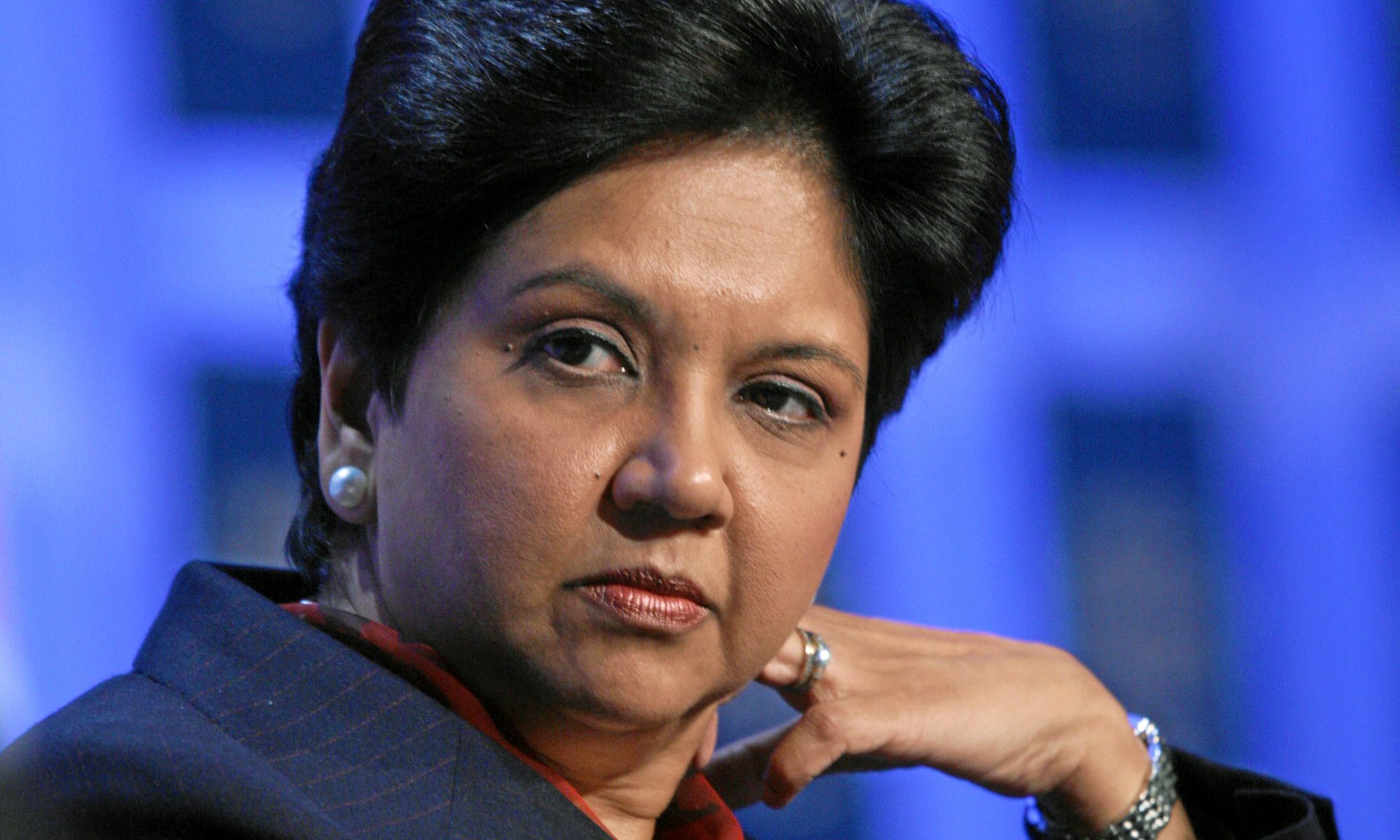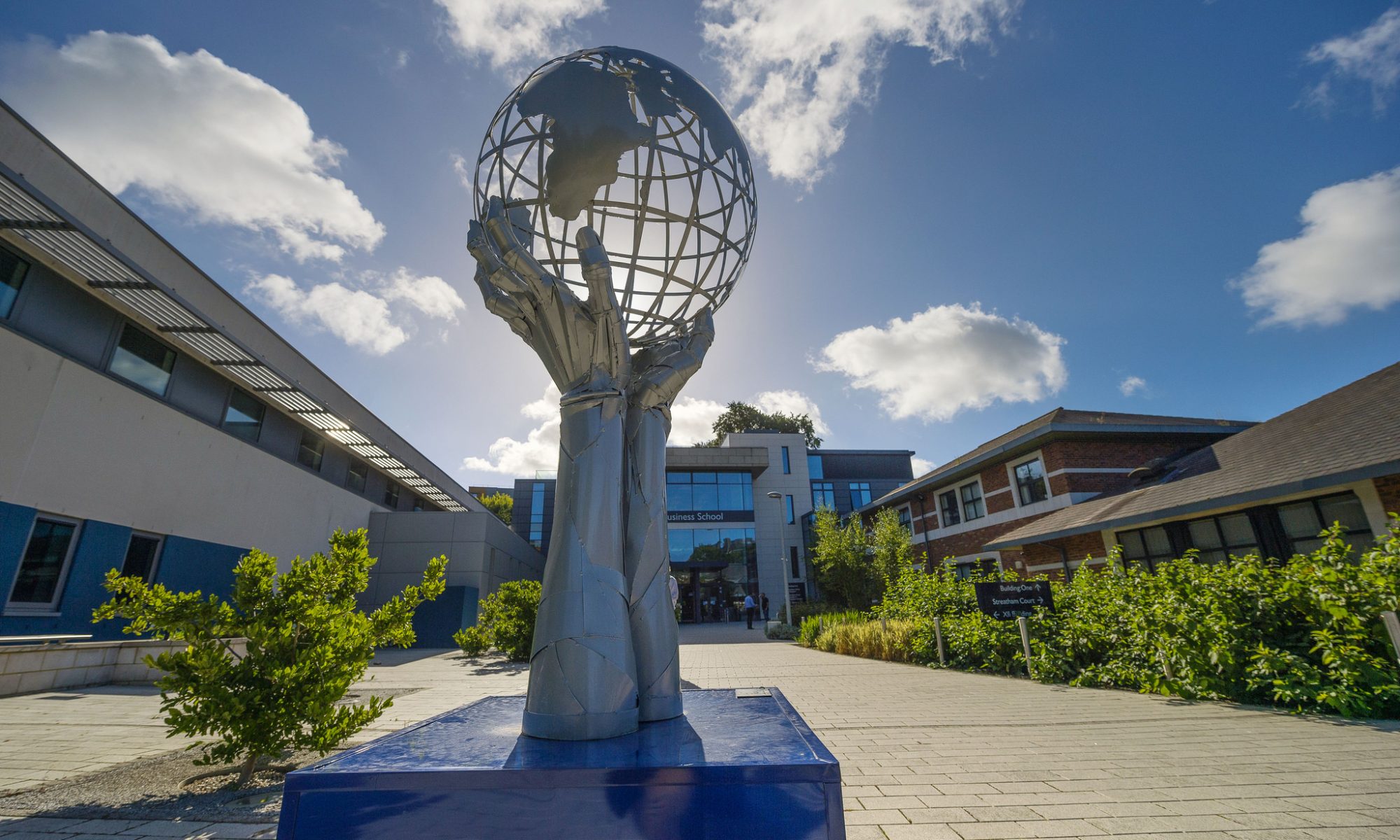Business Schools must play their role in developing business leaders who are responsible and ethical, argues Debbie Haski-Leventhal, Author of Strategic Corporate Social Responsibility, in an interview with David Woods-Hale
The global leadership responsibility imperative has firmly moved corporate social responsibility (CSR) to the forefront of the management agenda. Why is now the right time for you to launch your book Strategic Corporate Social Responsibility?
My book captures (and is designed to help lead) a major shift that is currently taking place. CSR has been here for a few decades, but there has been a lot of focus on corporate philanthropy and a narrow way of seeing CSR, not to mention ‘greenwashing’ [a form of spin in which PR or marketing is deceptively used to promote the perception that an organisation is environmentally friendly].
The focus has also been on how CSR serves business and shareholders, which is important, but it cannot continue to be the only reason to be more responsible.
The book emphasises the importance of strategic CSR, which is holistic and comprehensive, about being responsible in everything that we do, including core operations, and with everyone with whom we do business (namely all our stakeholders). It also incorporates a long-term approach instead of a short-term one. CSR cannot continue to be little more than a side show focusing on charity.
We face tremendous global challenges and business can play a vital role in helping address them through the power of strategic CSR.
How would you define strategic CSR?
I have used this definition of strategic CSR by Chandler: ‘The incorporation of an holistic CSR perspective within a firm’s strategic planning and core operations so that the firm is managed in the interest of a broad set of stakeholders to achieve maximum economic and social value over the medium to long term.’ This definition offers a broader view of corporate responsibility, one that is embedded in everything the firm does – from its strategic planning and core operations.
I also see strategic CSR as CSR that is aligned with what the company stands for and what it does best. Instead of ‘random acts of charity’, the company uses its knowledge, resources and capital to make a real difference. The only thing I would change in this definition is ‘maximum economic value’– maximising profit and growth at any cost is no longer viable. We can make profit, but not maximise profit at the expense of humanity and this planet.

Do you think sufficient numbers of business leaders around the world are putting CSR into their strategic agendas?
The business sector is like a huge ship moving slowly in the ocean. It is now shifting direction, but due to its size, it is not always easy to see. If we don’t shift – we will hit the iceberg. I strived in my book to focus on positive examples of corporate responsibility instead of on the more visible corporate social irresponsibility – not because I am naïve, but because I wanted the book to inspire others to follow these good examples.
As such, I focus on inspirational leaders, such as Paul Polman of Unilever, who, with his sustainable living plan, has shifted the entire focus of the company to sustainability, and leaders such as Indra Nooyi of PepsiCo, who leads performance with purpose. There is a shift: CSR is becoming an important part of the strategic agenda for many companies, instead of a charitable sideshow. Is it enough? Not just yet, but we are getting there.
CSR was previously considered something that could impact the bottom line if done properly. Do we need to move away from this and think strategically, yet altruistically, when it comes to CSR?
I am glad that CSR helps to impact the financial bottom line. It means that people care about these issues more than ever before when they buy from a company as consumers or work for it as employees. Research shows a strong relationship between being genuinely responsible and employee engagement and performance. Having said that, companies shouldn’t only lead CSR for this purpose.
There is a ‘catch 22’ here – if you only do good things to achieve employee engagement and consumer loyalty – it doesn’t work. Consumers, employees and other stakeholders can usually tell, even if not immediately, that CSR is not genuine. Usually, there will be some unethical behaviour involved. And greenwashing will lead not only to lack to trust in the company, but to lack of trust in CSR in general.
There is nothing worse than being unethical about your ethical behaviour.
So yes – you need to think strategically about CSR, work hard for real stakeholder integration, avoid shortcuts and above all – be genuine.

Do you feel enough is being done to embed the UN’s 17 sustainable development goals (SDGs) into business strategy?
The SDGs are so important, not only because they aim to achieve remarkable goals, such as ending poverty and hunger by 2030, but also because they offer a great opportunity for humans to discuss what is important for us as a race and how we can achieve it together. The SDGs present an enormous task and challenge, and therefore require global and cross-sectorial collaboration like never before.
As I wrote in the European Financial Review, this is not only a challenge for business, but also a great opportunity to align strategy with something that matters to everyone. I see large multinational companies, as well as smaller ones, that choose to focus on several SDGs and take amazing and innovative actions to help achieve them.
There is work to be done to get more companies and stakeholders on board, but I have never seen so many companies aligned around shared goals as in the case of the SDGs.
What are some of the best ways to implement CSR strategies into an organisation, so employees take these initiatives on board, and so stakeholders, in turn, can see the organisation is making a difference?
If a company wants to adopt strategic CSR, it must integrate and involve all its stakeholders to do so. First, because it is an enormous task, and second, due to the definition and nature of strategic CSR. By definition, it requires working with a broad set of stakeholders and for CSR to be embedded in everything that we do – and you cannot do this with the executive leadership alone.

There are great ways to involve employees, consumers, shareholders and all other stakeholders in the company’s strategic CSR. Employees can be involved in corporate volunteering and sustainability, but they can also lead the strategic direction of the company’s CSR. In my book, I discuss employee-led CSR and provide some great examples of it. Companies involve their consumers, who show higher levels of consumer social responsibility than ever before, in their giving, volunteering and sustainable development.
You cannot do it alone, you shouldn’t do it alone, and involving your stakeholders is the only way to achieve holistic responsibility in everything that you do.
Should an organisation market its CSR? If so, how can it do it in a way that is ethical?
That’s a great question and the reason why I have included an entire chapter on CSR marketing. It was important for me to offer a book that outlines the theories, concepts and models on the one hand, but also the practical tools of CSR on the other. I did not see a chapter on CSR marketing in other CSR books, and decided to write one.
The chapter focuses on three aspects of CSR marketing: should we PR our CSR, ethical marketing, and social marketing. To answer your question – yes, we should market our CSR, because it is a good way to communicate with our stakeholders, inspire others and be held accountable for what we are doing. BUT – and this is a big ‘but’ – companies should only do it if their CSR efforts are holistic and genuine.

I give examples in the book of companies that were not genuine and holistic, and how CSR marketing backfired. It doesn’t mean that the company needs to be perfect – I don’t know a perfect company – but CSR needs to be holistic. You cannot do harm to people’s health and the planet in your core business and then market your corporate volunteering or company’s giving. It doesn’t work.
How would you define a responsible leader and what are the challenges they are facing today?
I don’t think we can talk about strategic CSR, let alone achieve it, without responsible leadership. I discuss concepts such as responsible, ethical, sustainable, servant, conscious, and transformational leadership in the book, as each of these concepts bring another important aspect of responsible leadership.
At the end of the chapter, I offer an holistic definition of responsible leaders that aligns with the one of strategic CSR: ‘People (in any position) with a strong purpose and a vision to better humanity, who incorporate an holistic CSR perspective within a firm’s strategic planning and core operations, work to meet the interests of a broad set of stakeholders, and strive to achieve maximum economic and social value over the medium to long term.
‘They do so based on a strong purpose and values, while being true to the self and with the aim to serve others. They share the leadership with others in the organisation in order to achieve these goals.’ This definition also emphasises that responsible leadership doesn’t have to come from the top – any employee can help lead social responsibility.
How important is it to measure the impact of CSR, and what are some of the best and innovative ways in which this can be done?
It is extremely important to measure the impact of CSR for several reasons. It provides constant benchmarking which can help the company improve its CSR; it increases accountability; it helps to communicate with and involve all stakeholders; and it assists in setting clear goals. Social impact assessment (which is processes of analysing, monitoring and managing the intended and unintended social consequences) also provides vital information that allows a company to assess the effectiveness and efficiency of its CSR compared to other companies; what it has done in the past and to what it could do in the future.
It therefore creates a pathway for improvement and a strong impact in the future. There are many ways of assessing social impact, from the basic logic model to social return on investment. What is important is to measure outputs and impact, not only inputs and outcomes, which is what most companies still do.
You reference management guru Peter Drucker in your writing. He said that in every social issue there is an opportunity. Do you believe there is an imperative for Business Schools to address societal problems?
Absolutely! As the shift is taking place in the business sector, the attention is also drawn to Business Schools and their role in developing business leaders who are responsible and ethical. There is a great opportunity for Business Schools to rise to the occasion and use their own resources, talent and capital to make a difference.
I have been conducting international studies together with the UN Principles for Responsible Management Education (PRME), and the voice of millennial students all around the world is very clear: they expect their Schools to deliver responsible management education and to help them lead responsible businesses.
I see Business Schools that are doing amazing things – from assisting refugees to helping to end poverty, and a genuine shift in mindset, leadership and curriculum. Analysing the mission statements of the Financial Times top 100 Business Schools, I found that 70% of them frame their mission around responsibility and impact. It is a great time to be an educator and a leader in this field.

Do you think MBAs have taken more of an interest in using their skills to create a more sustainable world over the past few years?
I don’t think so, I know so. These studies I have been doing with PRME on MBA students around the world demonstrate that the new generation of business students is very different to those that came before. There are many studies from the 1990s and 2000s showing business students to be less ethical and more corruptible than other students and that business education only made them more unethical. But this has changed. Our studies, and others, show that business students now care very much about sustainability and CSR and expect their Business Schools to deliver on this.
These studies received a lot of attention from the general media, and were mentioned by the New York Times, because they deliver a clear and different voice of the students. One of the most interesting findings was that one in five business students were willing to sacrifice 40% or more of their future salary to work for an employer exhibiting all aspects of CSR. I am very optimistic about the future of our world when I see what MBA students care about. I don’t think we should leave our problems to the next generation, but I know it will be a much better generation of business leaders than previous and current ones.
Debbie Haski-Leventhal is an Associate Professor of Management at Macquarie Graduate School of Management (MGSM), the Faculty Leader of Corporate Citizenship and the Director of Master of Social Entrepreneurship. As a scholar of CSR, Debbie initiated and led the MGSM CSR Partnership Network. Together with PRME, she conducts international studies on MBA students and their attitudes towards CSR and responsible management education. She has published over 100 papers on CSR, responsible management education and volunteerism, including more than 40 peer-reviewed articles in highly-ranked journals. Her book on Strategic Corporate Social Responsibility with a foreword by David Cooperrider was published in March 2018 by SAGE.
































